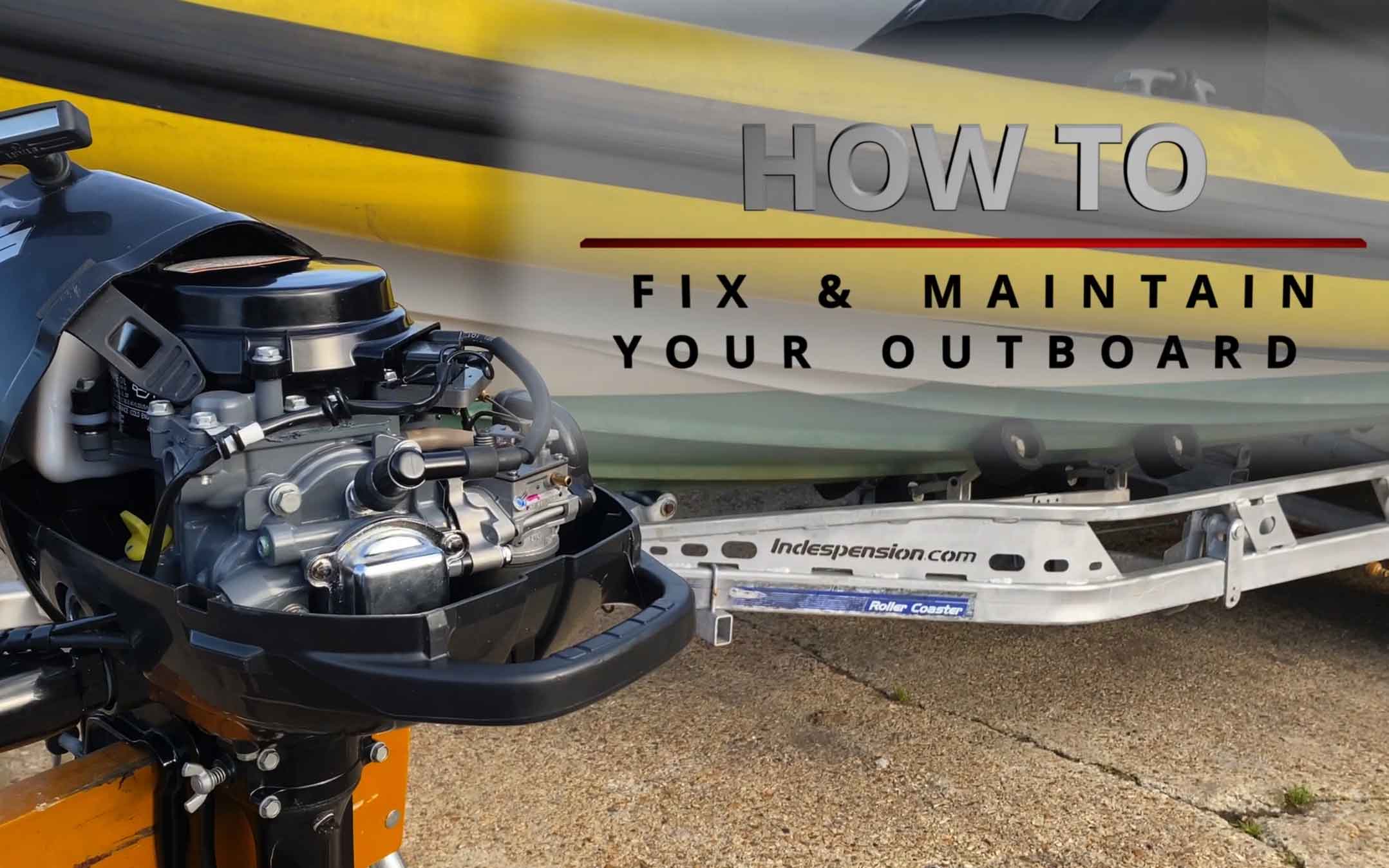E10 petrol, which contains up to 10% renewable ethanol, will be introduced as standard at petrol forecourts in the UK later this year
A new biofuel will be introduced as standard at petrol stations throughout the UK this summer.
E10 petrol, which contains up to 10% renewable ethanol, will replace the current standard of unleaded petrol known as E5, which contains 5% ethanol.
Although the Government has said that E10 is compatible with 95% of petrol-powered road vehicles, it has acknowledged that some older petrol boat engines may not be compatible with the new fuel.
Boat owners are being advised to check their vessel’s manual or ask the manufacturer or dealer before filling up with E10.
E5 will continue to be available at many petrol stations for owners whose boats are not compatible with E10, although it is unlikely that marinas will install a second pump to accommodate the choice of either E5 or E10.
Owners with engines which are compatible with E10 petrol can mix the two grades of petrol when filling up.

Only keep petrol in a container for a month, no longer. Credit: Colin Work
YM expert Duncan Kent has said the increase in ethanol is a problem for sailors, as it attracts water.
Most petrol outboard fuel filters are only designed to remove debris, so water can reach the carburettor.
This can reduce the outboard’s performance and increase fuel consumption.
If water remains in the carburettor for a week or more, the water will interfere with starting the engine.
Bacteria and microbe growth caused by the water content can also cause filters to clog.
Ethanol is also corrosive to some plastics, glass fibre and rubber seals and fixings, causing leaks in older engines.
Continues below…
Why you should stop flooding your engine
Water in the cylinders is enough to destroy an engine, but it's easy to do by mistake, says Vyv Cox
Diagnose and fix marine diesel engine problems
Tim Bartlett explains how you can diagnose some common marine diesel engine problems, and fix most of them
Outboard engine troubleshooting video – How to check fuel, carburettor, spark, cooling, oil & more
Small four-stroke outboard engines are pretty simple. Max McHugh of Marine Matters explains how to fix the most common problems,…
Electric yacht: What are the options for going electric?
Electric and hybrid yachts are growing in popularity; we outline the current options for those making the switch
Kent recommends running the engine dry on simple outboards and non-injection engines.
A water separator/filter can also be fitted to the fuel system if practical, and old seals, pipes and fittings can be changed to ethanol-proof versions.
If leaving the engine for longer than a couple of weeks, he recommends draining the entire fuel system down, including the tank.
Petrol should not be stored for longer than a month in a container, and it is best to buy fuel from an outlet with a high fuel turnover where possible.
‘There are additives that claim to help prevent the growth of bacteria in a petrol container, but I can’t guarantee how well they work. I’ve never had much success with them, so I still prefer to carry out the above procedures if leaving an engine unused for longer than a few weeks,’ added Kent.
Enjoyed reading Biofuel upgrade will affect older petrol engines?
A subscription to Yachting Monthly magazine costs around 40% less than the cover price.
Print and digital editions are available through Magazines Direct – where you can also find the latest deals.
YM is packed with information to help you get the most from your time on the water.
- Take your seamanship to the next level with tips, advice and skills from our experts
- Impartial in-depth reviews of the latest yachts and equipment
- Cruising guides to help you reach those dream destinations
Follow us on Facebook, Twitter and Instagram.









